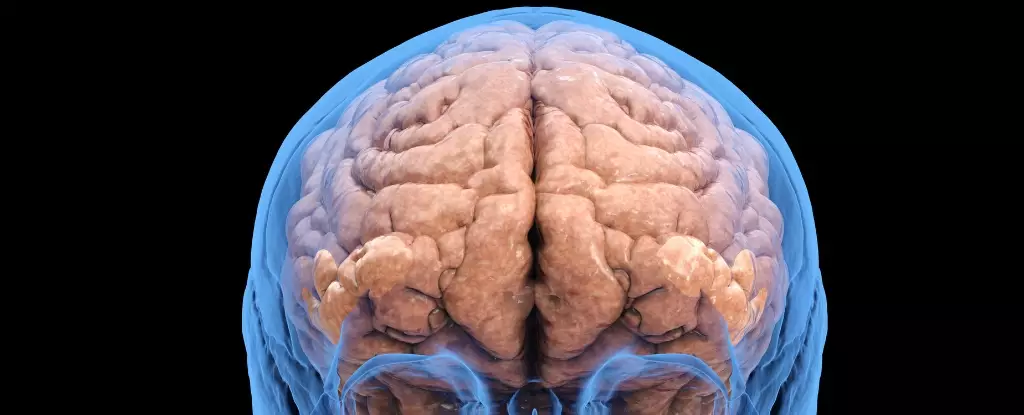Addictive drugs like cocaine and morphine have long been known to have a significant impact on the brain’s reward pathways. A recent study conducted by a team of researchers from Rockefeller University and the Icahn School of Medicine at Mount Sinai delved into how these drugs disrupt our natural desires for life-sustaining needs such as food and water. What sets addictive drugs apart is their ability to override the importance of basic physiological needs, leading to behaviors that prioritize drug consumption over essential nourishment.
The study utilized mouse models to investigate the responses to cocaine and morphine within the brain’s reward circuits. By employing a comprehensive approach that involved mapping brain activity, imaging neurons, and sequencing genetic activity, the researchers were able to gain insights into how these drugs ‘hijack’ the brain’s natural reward pathways. One of the key findings was the role of the brain’s nucleus accumbens (NAc) in both typical functions and drug rewards.
Neurons projecting from the orbitofrontal cortex to the NAc were identified as key players in reducing the desire for natural rewards when activated by drug use. This highlights the intricate interplay between neurotransmitters like dopamine and serotonin in shaping behavior and motivation. The repeated exposure to drugs was found to corrupt these neural pathways, leading to escalated drug-seeking behaviors and a shift away from healthy goals.
Cocaine and morphine were observed to activate specific subsets of neurons in the NAc, many of which also respond to natural rewards like food and water. However, the activation of these neurons was significantly stronger in response to drugs compared to basic needs. Over time, the mice exhibited a preference for drugs over essential nourishment, indicating a rewiring of their reward circuitry. Withdrawal from drugs resulted in disorganized responses to natural rewards, mirroring negative affective states seen in substance use disorder.
The researchers also identified a protein encoded by the Rheb gene that plays a crucial role in disrupting normal neural communication related to reward processing. Targeting pathways associated with this protein could offer new avenues for therapeutic interventions in addiction treatment. By understanding how addictive drugs interfere with the brain’s reward system, researchers hope to develop more effective strategies for managing addiction, a condition that currently lacks comprehensive treatment options.
Moving forward, further research will focus on elucidating how various forms of information processing are integrated into value computations within brain cells. This critical mechanism determines how addictive drugs can subvert the processing of natural rewards, ultimately leading to addiction. By gaining a deeper understanding of these neural processes, scientists aim to develop innovative treatments that address the complex nature of addiction and provide better outcomes for individuals struggling with substance abuse disorders.
The study sheds light on the intricate interplay between addictive drugs and the brain’s natural reward pathways. Through a multidisciplinary approach, researchers have uncovered the neural mechanisms underlying drug addiction and potential targets for therapeutic interventions. By unraveling the complexities of addiction at the molecular and cellular levels, there is hope for developing more effective treatments that address the root causes of addictive behaviors.


Leave a Reply